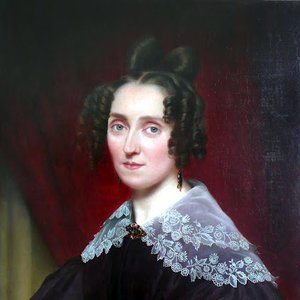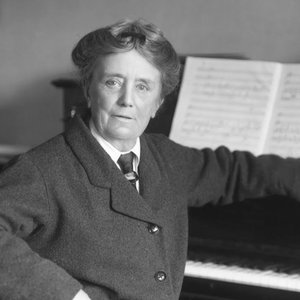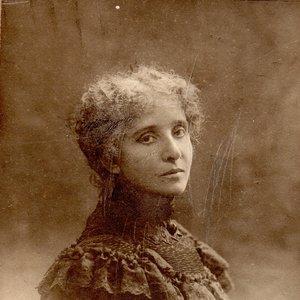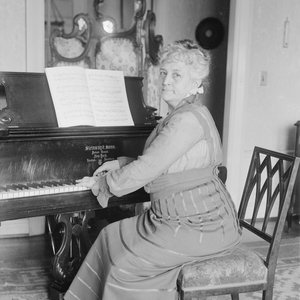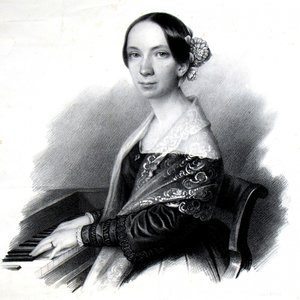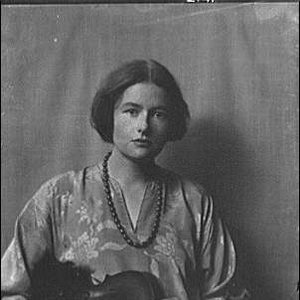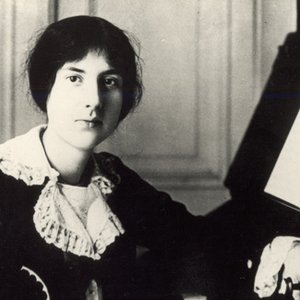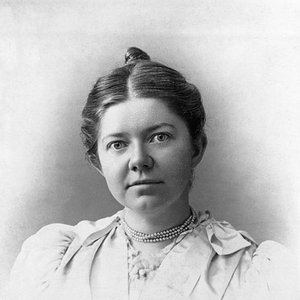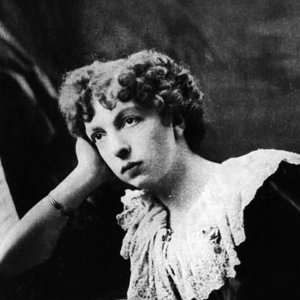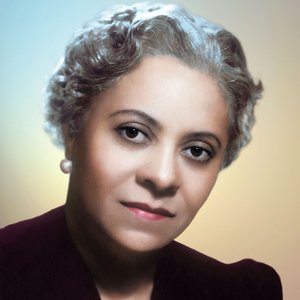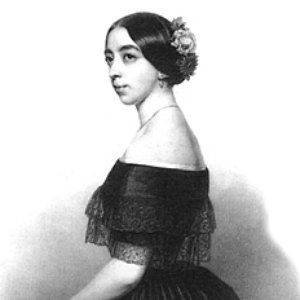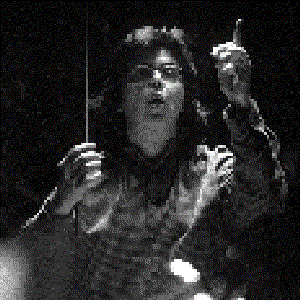Biography
Dame Ethel Mary Smyth, DBE (23 April 1858 – 8 May 1944) was an English composer and a leader of the women's suffrage movement.
She was born in London. J H Smyth, her father, was a Major-General in the Royal Artillery. She was one of eight siblings two of whom were male, the rest girls. Her family was opposed to her making a career in music. She studied with Alexander Ewing when she was seventeen and took an interest in Wagner and Berlioz. After a major battle with her family about it, she was allowed to study music in Leipzig, with Carl Reinecke, amongst others, and then, after leaving the conservatoire, privately with Heinrich von Herzogenberg. While at the conservatory she met some important composers including Dvořák, Grieg and Tchaikovsky, but she considered the tuition substandard and left after a year. Through Herzogenberg she met Clara Schumann and Brahms. Later she would write her Mass in D in 1891 (in spite of being an atheist), which is very much in the style of Brahm's Ein Deutsches Requiem. She also wrote some German songs in his style and the Seven Short Chorale Preludes.
Ethel Smyth's works included chamber pieces, symphonies, choral works and operas (most famously The Wreckers).
In 1910 Smyth joined the Women's Social and Political Union, a militant suffrage organization, giving up music for two years to devote herself to the cause. Her "The March of the Women" (1911) became the anthem of the women's suffrage movement, though suffragists most often shouted the words, by Cicely Hamilton, rather than actually singing Smyth's tune. When the W.S.P.U.'s leader, Emmeline Pankhurst, called on members to break the windows of anti-suffrage politicians as a protest, Smyth - along with 108 others – did so. She served two months in Holloway Prison. When Thomas Beecham went to visit her there, he found suffragettes marching in the quadrangle and singing, as Smyth leaned out a window conducting the song with a toothbrush.
In 1922 she was created a DBE. She was later a model for the fictional Dame Hilda Tablet in the 1950s radio plays of Henry Reed.
Artist descriptions on Last.fm are editable by everyone. Feel free to contribute!
All user-contributed text on this page is available under the Creative Commons Attribution-ShareAlike License; additional terms may apply.
